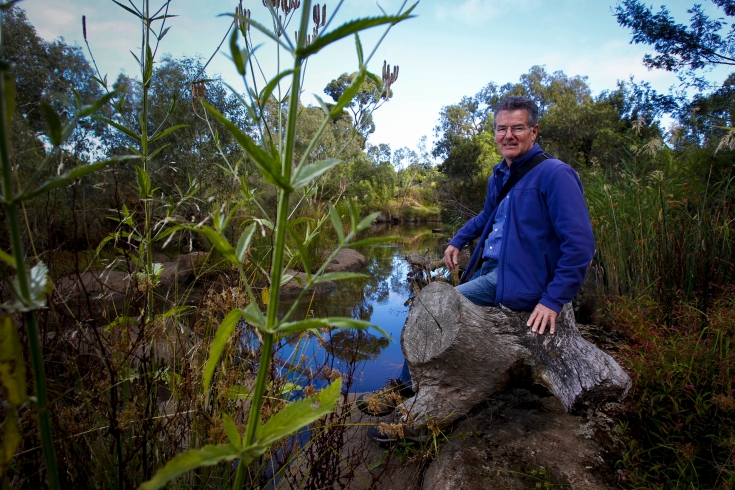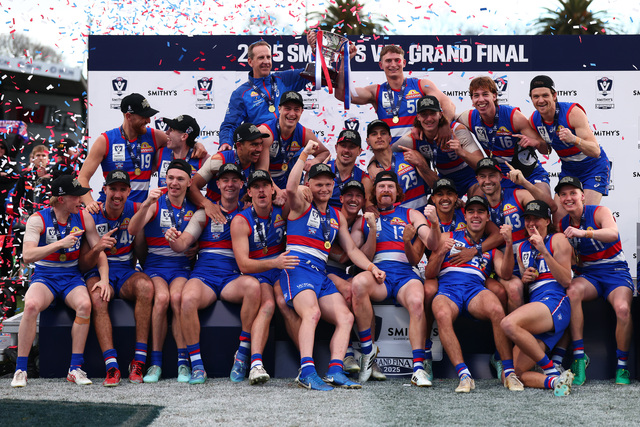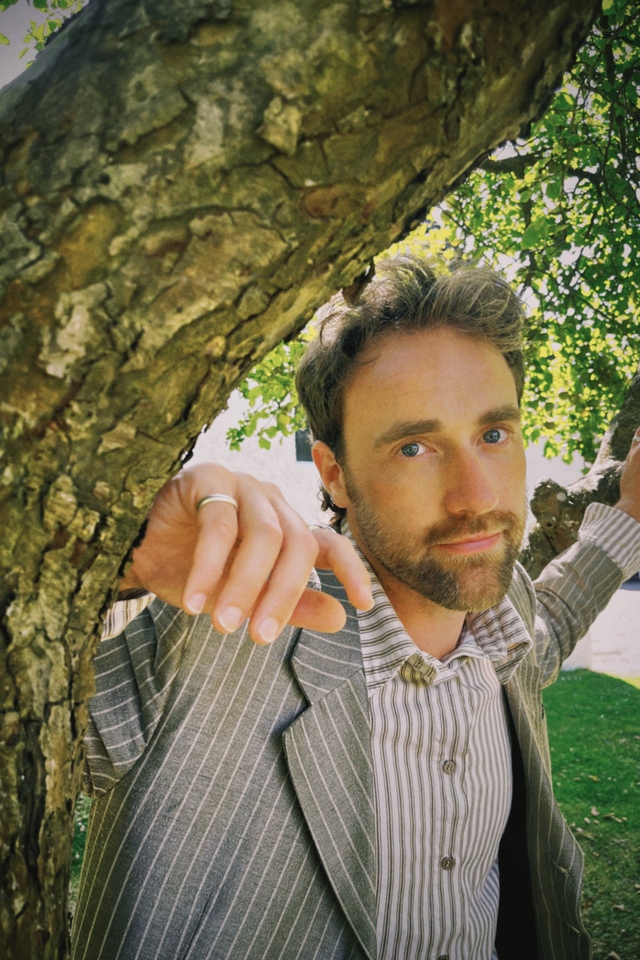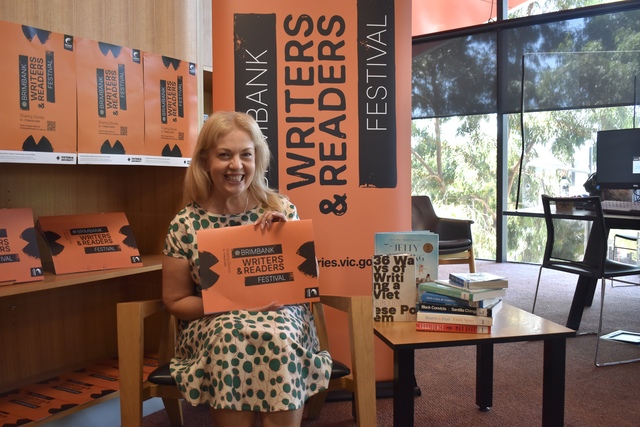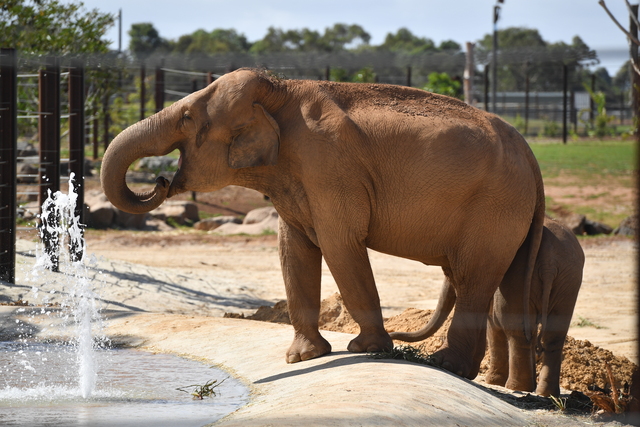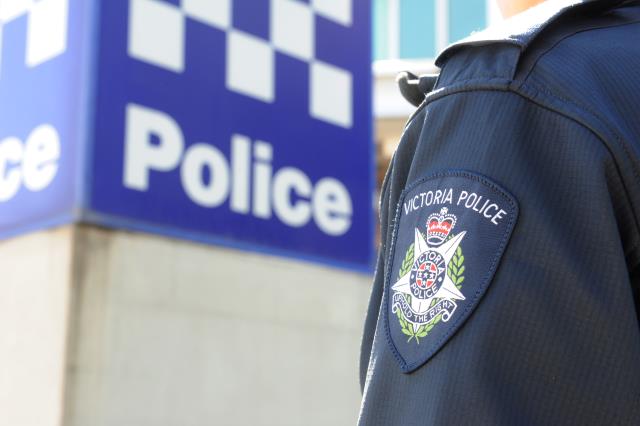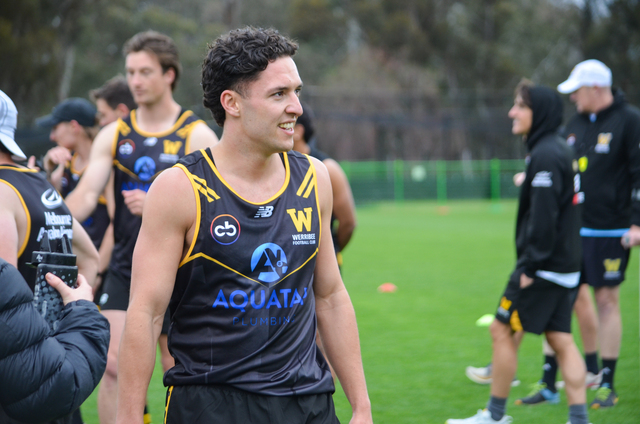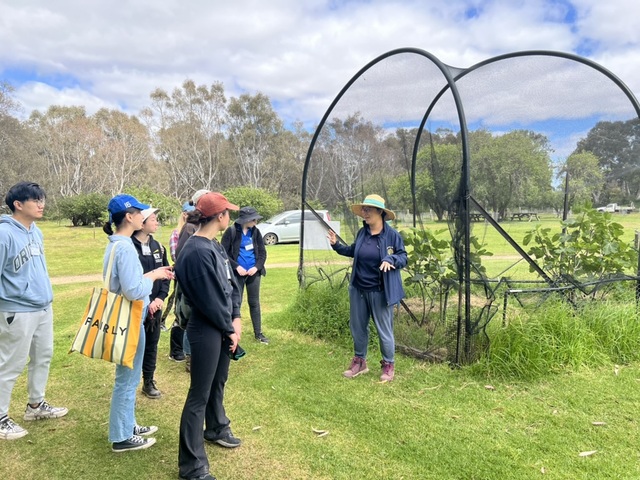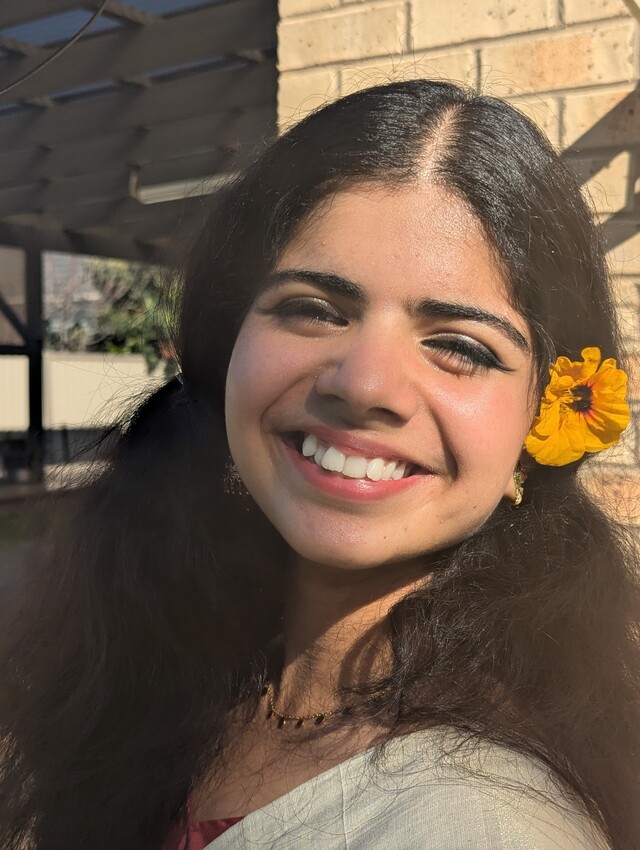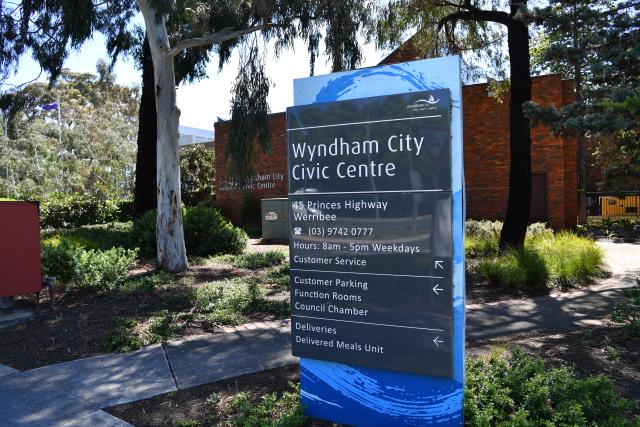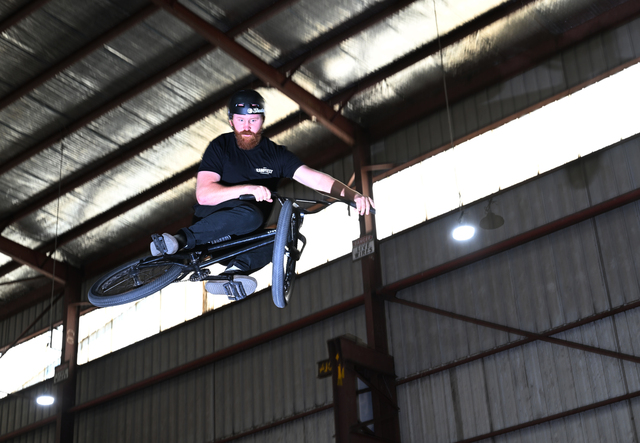REVEGETATING banks of the Werribee River and increasing canopy cover in Melbourne’s sprawling western suburbs will be potential “green army” projects, if the federal Coalition wins government in September.
Opposition climate action spokesman Greg Hunt last month urged western suburbs councils and advocacy group LeadWest to submit a number of sites for tree plantings.
Mr Hunt said a “green army” of 15,000 young people to tackle environmental projects would be a cornerstone of a Coalition government’s environment policy.
It could be an alternative to the work for the dole scheme and participants would receive a training wage. Teams would include up to 10 people aged 17-24.
“In discussions with a delegation of councils from Melbourne’s west . . . we have challenged them to consider possible sites across their respective suburban areas for tree planting,” Mr Hunt said.
Climate Change Minister Greg Combet last year criticised the opposition for pledging to undo carbon pricing, adding that talk about trees, soil carbon and a green army was not a viable alternative to transform Australia’s energy sector. “A ‘green army’ of volunteers to save the planet – it’s a joke,” he said.
“You need clean energy investors, engineers, construction workers, metal workers and energy market expertise to build the power stations for our clean energy future – not a poorly directed school excursion to the local nursery.”
LeadWest’s business and projects manager Craig Rowley said the Coalition’s plan for “the largest-ever environmental workforce” could fast-track much-needed projects. “Our ‘Greening the West’ program, for example, is about planting more trees and connecting housing to parks, so the shade can get people out living more actively.”
Mr Hunt said the Werribee River biolink – a long-term project aimed at linking ecological systems along the riverbanks to protect inhabitant species from drought and climate change – could be an excellent start for the green army’s work in Melbourne’s west.
Werribee River Association president John Forrester said the biolink was designed to make sure the river stays healthy for the next 100 years.
“[It will link] patches of remnant vegetation for creatures like birds, fish and platypus so they can move up and down the river when they need to migrate.”

